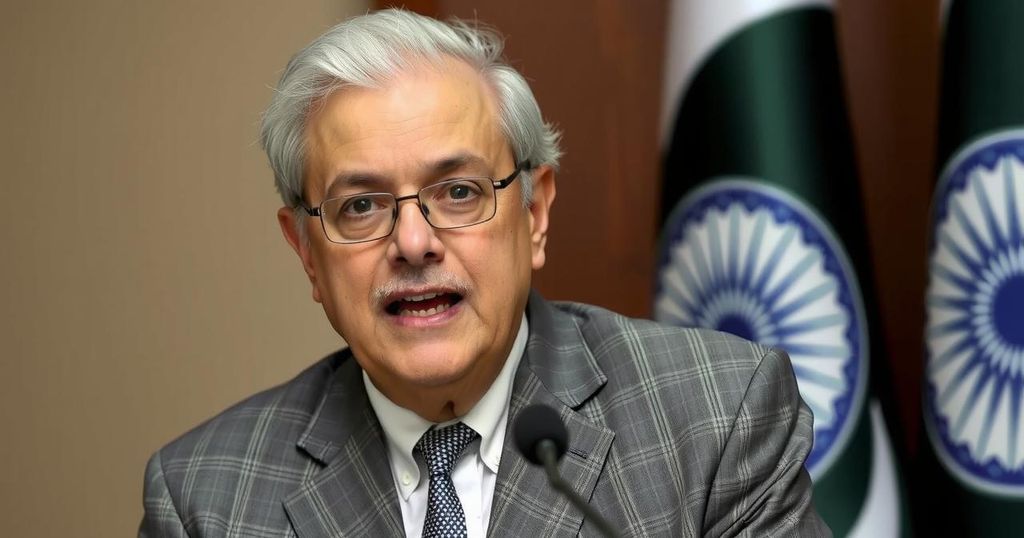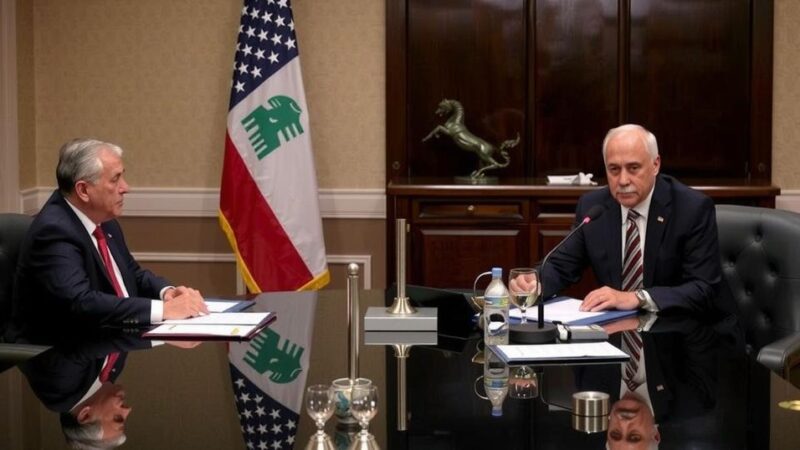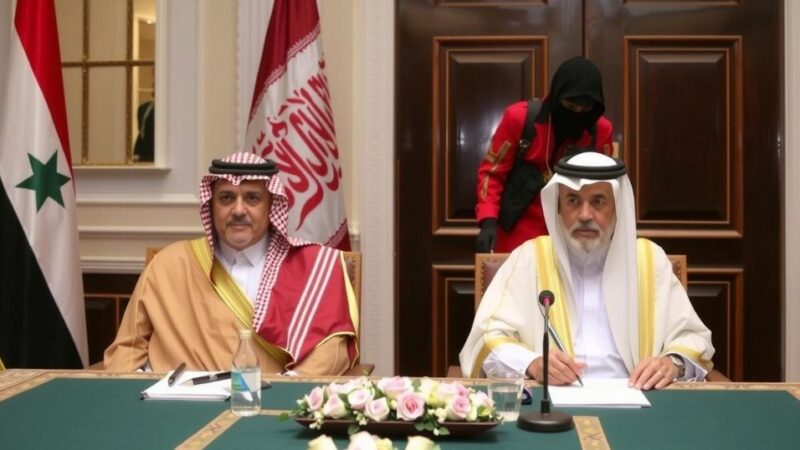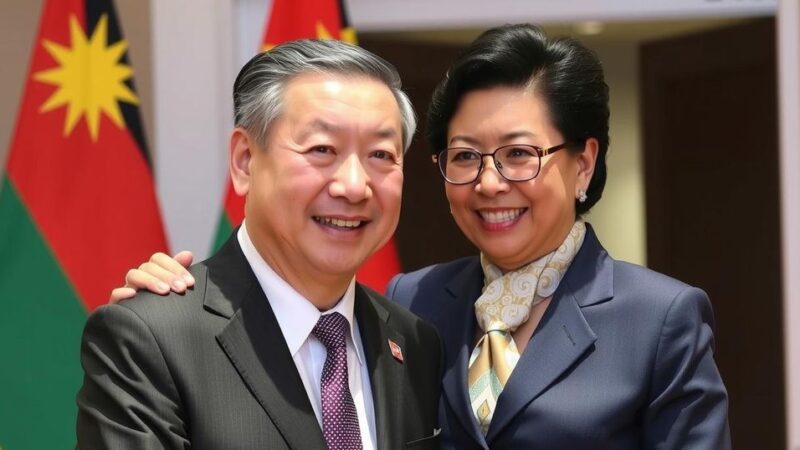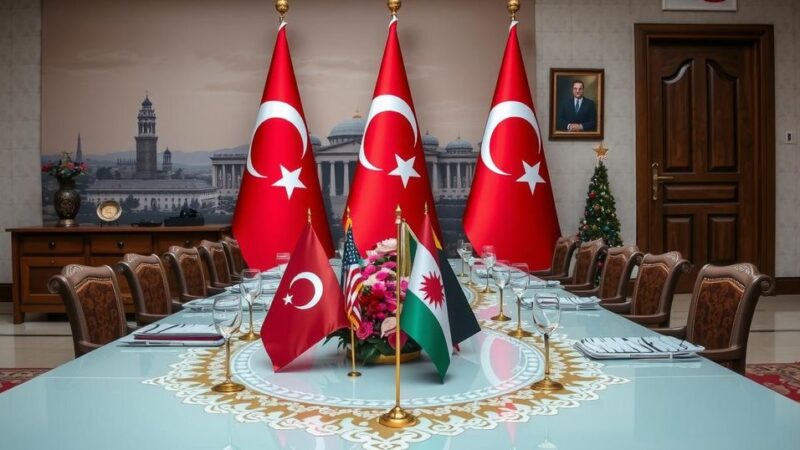Ishaq Dar, Pakistan’s Deputy Prime Minister and Foreign Minister, emphasized the need for reciprocal willingness to normalize relations with India during a press conference. He announced plans to visit Bangladesh to rebuild ties following political changes and addressed security challenges posed by terrorism in Afghanistan. Dar also highlighted progress in nuclear energy projects and dismissed rumors of military use of Gwadar Port, stressing its developmental purpose.
Ishaq Dar, Pakistan’s Deputy Prime Minister and Foreign Minister, recently underscored the necessity for mutual willingness to enhance relations with India, stating that “it takes two to tango.” During a press conference at the Foreign Office, Dar elaborated on Pakistan’s diplomatic strategies initiated since the Pakistan Muslim League-Nawaz (PML-N) government assumed power last year. He also announced an upcoming visit to Bangladesh to strengthen ties after recent political changes in that country, describing Bangladesh as a “lost brother.”
Dar indicated that the revival of diplomatic relations is crucial, particularly following Sheikh Hasina’s removal from power after significant student-led protests in August of the previous year. He maintained that Pakistan’s diplomatic isolation perception has shifted due to increased engagement with regional partners. He commented positively on steps taken to foster better bilateral relations, particularly with Afghanistan, despite ongoing concerns surrounding terrorism.
Furthermore, Dar disclosed that visits to Kabul have been postponed due to security threats and criticized former intelligence chief Gen Faiz Hameed for his dealings with the Tehreek-e-Taliban Pakistan, an entity closely allied with the Afghan Taliban. Amid the uptick in terrorist incidents since the Taliban’s ascendancy in Afghanistan, he reiterated the demand for the Kabul administration to take action against these groups.
Additionally, Dar announced significant advancements in Pakistan’s nuclear energy sector, particularly the establishment of the Chashma 5 nuclear power project in collaboration with China, following the successful completion of the K2 and K3 projects. Moreover, outgoing Foreign Office spokesperson Mumtaz Zahra Baloch refuted rumors suggesting military applications of Gwadar Port, affirming its role in Pakistan’s developmental agenda, facilitated by Chinese support.
The context of Ishaq Dar’s remarks lies in the recent political developments and shifts in Pakistan’s foreign policy, particularly concerning its neighbors like India and Afghanistan. The PML-N government has initiated diplomatic engagements aimed at normalizing relations with India, which have historically been fraught with tension. Dar’s reference to the need for reciprocal efforts underlines Pakistan’s intention to navigate these complexities through diplomacy, while also addressing regional security concerns that have arisen since the Taliban’s return to power in Afghanistan.
In conclusion, Ishaq Dar’s statements reflect a strategic approach towards enhancing Pakistan’s foreign relations, particularly with India and Afghanistan. By advocating for mutual cooperation, he aims to foster stability and diplomatic ties in a region marked by challenges. The advancements in nuclear energy initiatives signify Pakistan’s commitment to harnessing partnerships for its development. Dar’s upcoming engagements suggest an ongoing commitment to diplomatic dialogue for regional collaboration.
Original Source: www.business-standard.com

